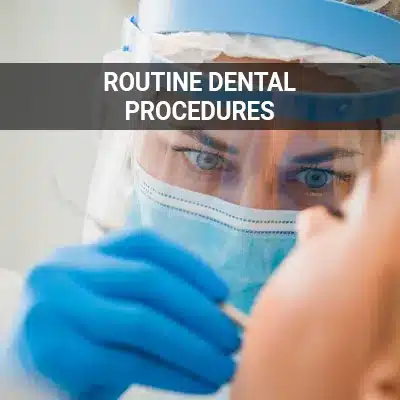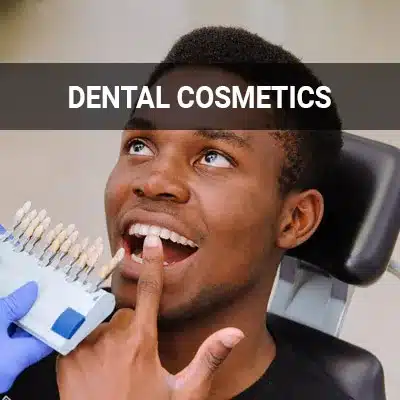
Dental Bonding, Glendale AZ
Dental bonding can restore damaged teeth and give people the confidence to smile. This simple dental procedure can fix various defects or imperfections in teeth. The composite resin in dental bonding is applied and shaped to teeth to provide patients with natural and healthy-looking smiles.
If you are interested in improving your smile, dental bonding may be the right option. Singh Smile Care - Dentist Glendale, AZ offers dental bonding in Glendale AZ and the surrounding area. Call us today at (623) 400-6009 to learn more about our services or schedule an appointment.

Understanding Dental Bonding
Dental bonding is a cosmetic dental procedure that can repair tooth damage. The bonding process involves the adhesion of composite resin, a durable plastic material, to the tooth’s surface. The tooth-colored resin ultimately bonds to the tooth to improve its overall appearance.
This procedure is helpful for people with chipped, cracked, decayed, or discolored teeth. The composite resin used in dental bonding is pliable, allowing our dentist to customize and mold it into the proper shape or size. Our dentist can also color match the composite resin to closely match it to the natural color of the patient’s teeth.
The bonding process involves the adhesion of composite resin, a durable plastic material, to the tooth’s surface.
Candidates for Dental Bonding
Patients with aesthetic dental problems are the best candidates for dental bonding. Dental bonding is ideal for cosmetic dental issues that do not require major restorative work. Patients that are interested in receiving this treatment should have healthy teeth without excessive decay or trauma. Teeth should also have roots that are in good condition and most of their enamel intact.
Dental bonding can help fix various dental issues, including:
- Abnormally sized teeth
- Discolored teeth
- Exposed tooth roots caused by receding gums
- Minor cracks or chips
- Misshapen teeth
- Small gaps in teeth
Dental bonding is ideal for cosmetic dental issues that do not require major restorative work.
Dental Bonding Benefits
Dental bonding is a good option for restoring teeth since it is a minimally invasive procedure. This procedure allows patients to keep as much of the natural tooth structure as possible. During the application process, our dentist removes very little to no enamel at all. Minimal work to the enamel allows patients to maintain the natural health and structure of their teeth.
This quick treatment produces high-quality results that appear natural. The composite resin is durable but adaptable and can be adjusted by our doctor in the future after treatment. Dental bonding also protects and restores the function of worn-down, chipped, or discolored teeth.
This quick treatment produces high-quality results that appear natural.
Process of Dental Bonding
The dental bonding process is quick and relatively non-invasive. Our dentist will select a composite resin color that matches the patient’s tooth color before the dental bonding process. If a patient’s tooth requires drilling to change its shape or damage near a nerve, our dentist may apply a local anesthetic to minimize discomfort. During the procedure, the tooth surface is roughened and given a conditioning liquid to help the bonding material adhere to the tooth.
Our dentist will then apply, mold, and smooth the resin into the desired shape before hardening the material with a light or laser. Once the resin hardens, it is trimmed, shaped, and polished to match the tooth’s surface. The bonding process typically takes one appointment and lasts about 30 to 60 minutes for each tooth.
The dental bonding process is quick and relatively noninvasive.
Questions Answered on This Page
Q. Who is the right patient for dental bonding?
Q. What are the benefits of dental bonding?
Q. What happens during the dental bonding process?
Q. What are the possible risks associated with dental bonding?
People Also Ask
Q. What are the benefits of composite fillings?
Possible Risks of Dental Bonding
Dental bonding is not associated with any major risks. However, there are some potential side effects that patients should be aware of before seeking treatment. Some patients can experience an allergic reaction to the bonding materials, tools, or conditioning liquid used during the dental bonding process.
Although these reactions are rare, patients can visit an allergist before their appointment to test whether they will experience any side effects from the materials. Like any dental procedure, there is also the risk of infection. However, proper cleaning and sterilization will help prevent this from occurring.
Dental bonding is not associated with any major risks.








